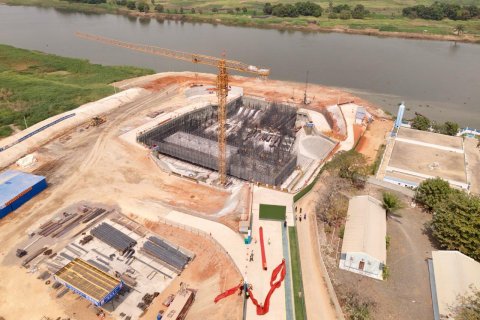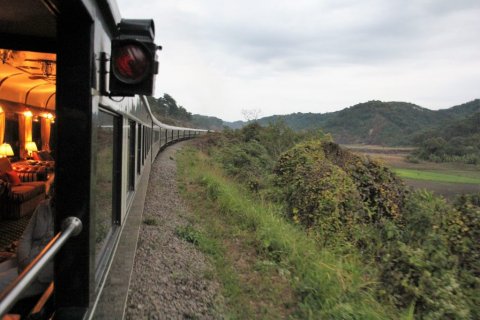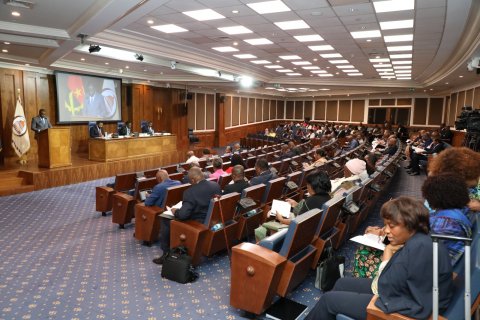The concern was expressed at a press conference by the director-general of IRSEM, Jorge Gunji, referring that the institution he runs is "from January 2020 until the moment without receiving the appropriations from the State Budget [OGE] despite being programmed".
"[IRSEM] received nothing in relation to the reintegration of ex-military personnel, we are only limited to reintegration with the Integrated Program for Local Development and Combating Poverty [PIDLCP] as well as other complementary support from the President of the Republic", said the official .
A large part of the reintegration activity of ex-military personnel, licensed under the peace agreements, was absorbed as of 2018 by the PIDLCP, under presidential decree 140/18, of 6 June, which for the direction of the IRSEM "has slowed down" the protagonism of the institution ".
The Government monthly allocates 25 million kwanzas to each of the 164 Angolan municipalities for the PIDLCP and this is where the funds for the process of local reintegration of ex-military personnel also originate.
"Despite the fact that there were seminars to share procedures and knowledge of the criteria to be observed in the process, we have verified that, at the level of some municipal administrations, decisions are being made that hurt the reintegration process", considered the director-general of IRSEM.
"From the eligibility of the target group to the per capitas established by the program, at the risk of the entry of people who are not eligible for the reintegration process, thus penalizing those eligible," he noted.
For Jorge Gunji "it is necessary" that the municipal administrations and the provincial services of the IRSEM "are mated and coordinated" to "be able to bring this activity to a successful conclusion and this has often not happened".
Local administrations, he pointed out, "sometimes make decisions that hurt the process, because from the register they have or from some ex-soldiers existing in their territory, they deliver the necessary support without taking into account the criteria established" in the strategy reintegration.
The four peace agreements signed were the Bicesse Accords (Estoril, 1991), Lusaka Protocol (1994), Luena's Memorandum of Understanding (2002) and the Namibe Memorandum for Peace and Reconciliation in Cabinda (2006), which produced 291,400 licensed personnel from the Armed Forces of Angola.
The IRSEM expects to reintegrate a total of 80,537 ex-servicemen by 2022, within the scope of the 2018-2022 five-year period, but due to "financial constraints", in the last three years only 10,736 ex-servicemen have been reinstated.
The press conference, which took place in Luanda, aimed to mark the organ's 26th anniversary, which will be celebrated this Wednesday.
Support for the socio-economic and productive reintegration of ex-military personnel licensed from the Armed Forces, in a massive and compulsive manner, as a result of the implementation of assumptions of the peace process, is the purpose of the creation of IRSEM.
IRSEM is a public institute with legal personality, with administrative autonomy and is supervised by the Ministry of Social Action, Family and Promotion of Women.







